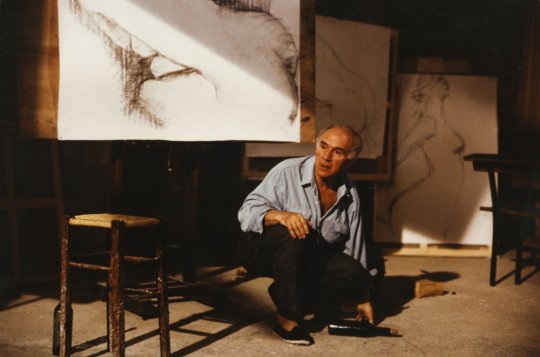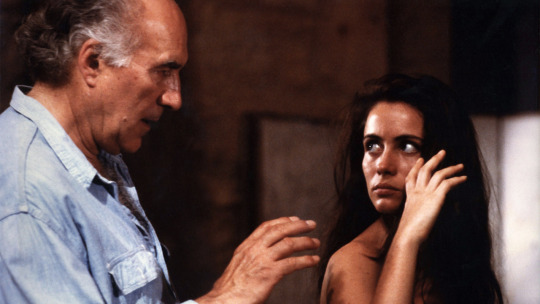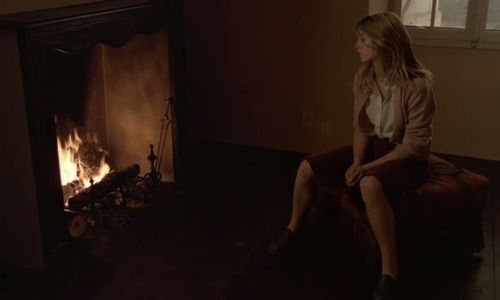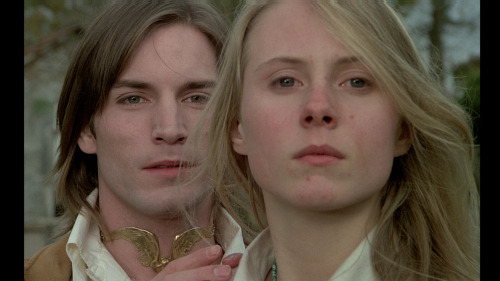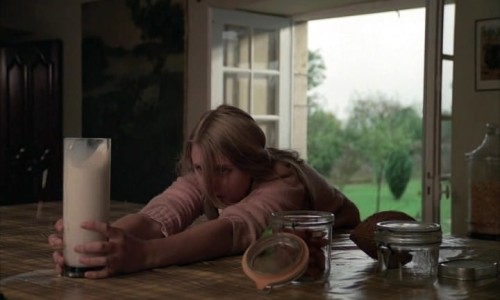Poetics on the deserted
"Should God descend on earth one day there would be a great silence.” - Clarice Lispector, The Hour of the Star
“that I dumbly inhabit a density; in language” - Donald Hall
I was inside the car when I saw something that made me sigh deeply. During these few seconds of sighing, the world moved slowly and with euphoric density. I was submerged in a silence so blissful, a silence so loud. My eyes were fixed on a site of great poetic intensity, great amount of grief. I saw a small bus left to itself in a vast deserted road. Imagine how empty and dark it is on the inside, empty but dense. The air which fills it would bend if a light inside was turned on.
I was with my mother the other day when we stopped the car in an empty park at five in the morning. “Listen to the sound of silence, silence has a sound which kills me.” She told me that while we waited for the morning birds to make their first sounds.
The small deserted bus is indifferent to everything around it, like God. In it’s indifference lies the magic. It weighs down the space around it, moonlight and streetlight alike shine for it alone. It has a magnetic field which makes everything about it aesthetically pleasing, it moves me deeply. If it rained, it's mechanical metal parts would rust slowly but they wouldn't wither away. I know that I will die before it, it inhabits a time that is slower than mine, it's an image from the future.
People talk about a time when the mechanical objects we've created would turn on us, they picture an apocalypse of man versus machine. In reality, when eventually we are annihilated, we will be leaving behind deserted objects, a little bus in an empty road. What I saw from the car was an image from the future that has been transposed into the present. I saw my own death, and an earth full of indifferent objects left to their own magic. Imagine a world full of streetlights shining on deserted buses, the silence would turn the world deaf.


